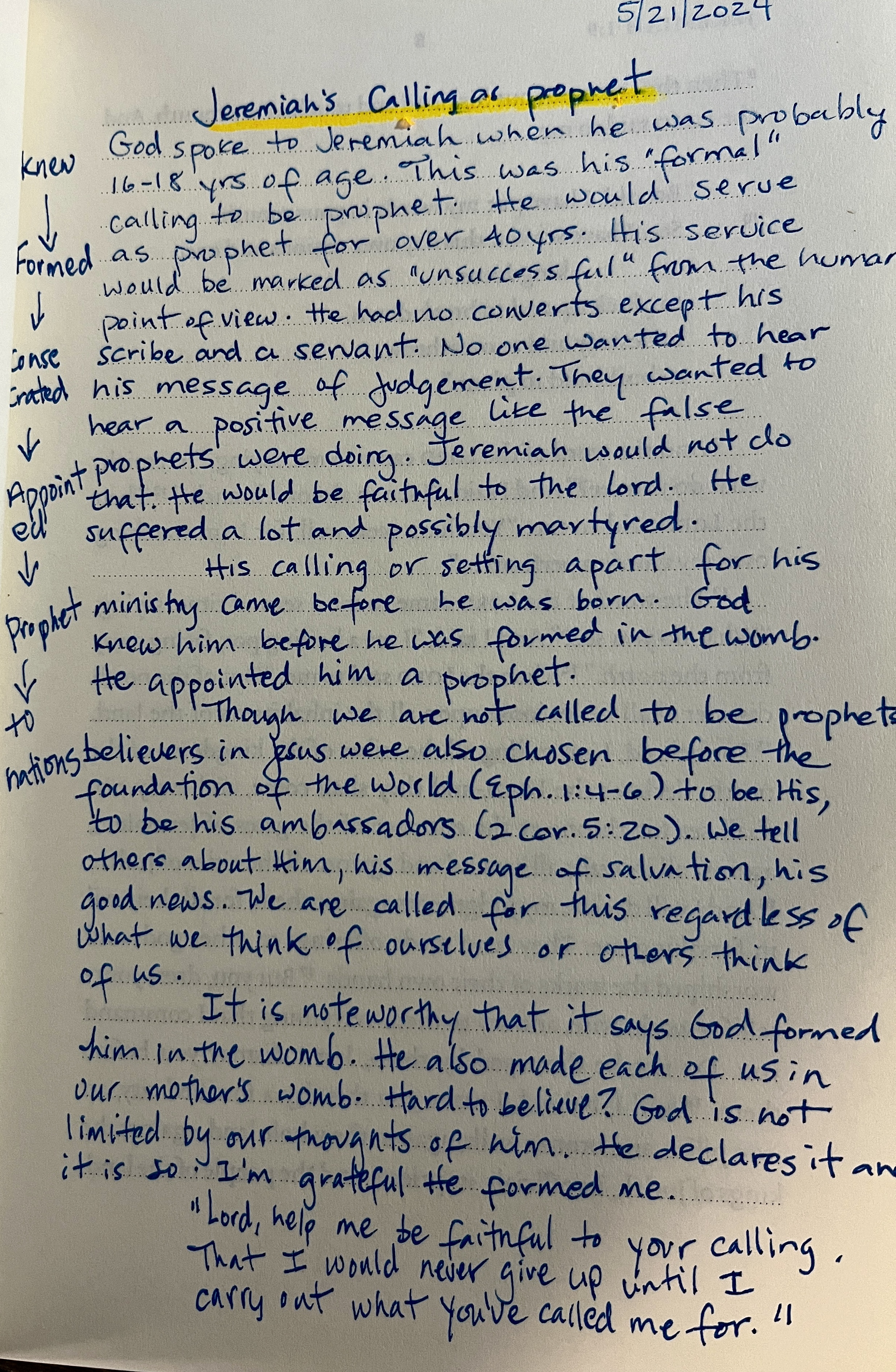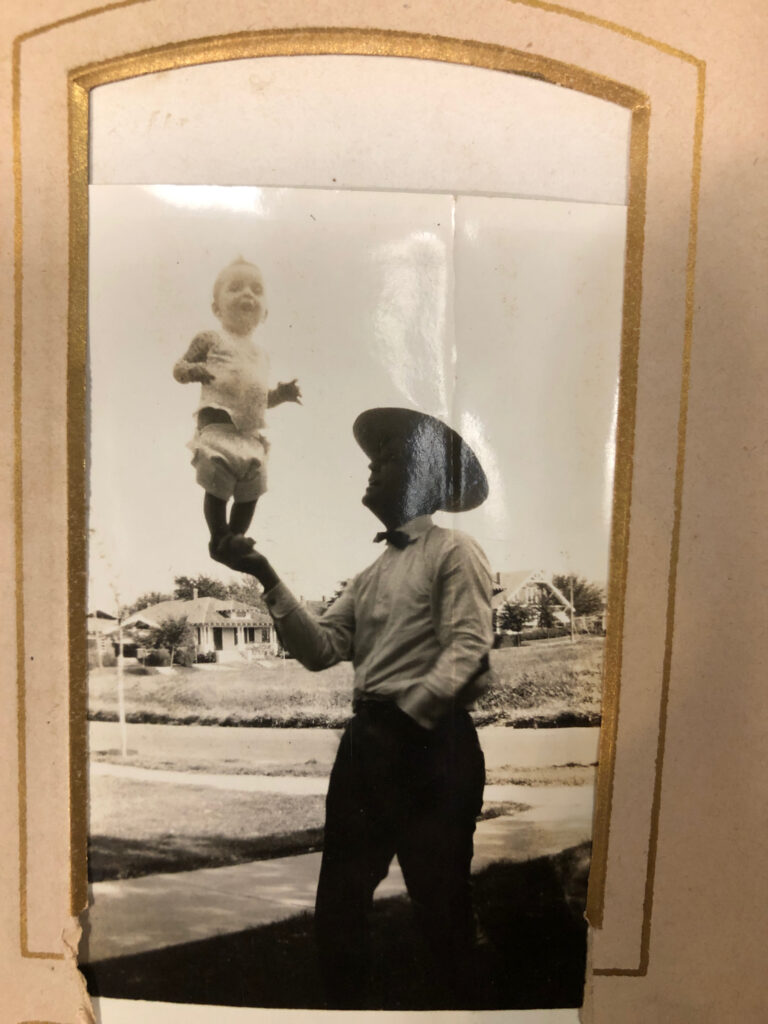
Machismo, hombres y padres en la cultura hispana
Crecí sin padre. He expresado algunas ideas sobre esto en varias de mis publicaciones.[1]
Mirando mi propia experiencia, mi concepto de padre era, en el mejor de los casos, neutral. En otras palabras, no tenía idea de lo que era un padre hasta que fui adolescente en la iglesia, donde conocí y fui asesorado por varios hombres.
Pensando en el concepto que los hispanos tienen de los padres en base a lo que he experimentado, lo que otros han compartido conmigo y lo que he aprendido, puedo concluir con confianza que está vinculado a la idea de “machismo”[2] que sigue siendo un problema social hasta el día de hoy.[3] Para los angloparlantes esta palabra no significa nada. Pero para los hispanohablantes sabemos que la palabra proviene del sustantivo “macho” que significa masculino. De hecho, las antiguas versiones de la Biblia en español usan la palabra “macho y hembra” cuando se habla de que Dios creó al hombre y a la mujer. La idea de un “macho” es que él es el macho tal como es en el mundo animal. En el mundo animal, el macho es el que se reproduce. Cuando hablamos de machismo, es la idea de que un varón es un hombre que se reproduce.[4] Esta idea va más allá de esto, como explicaré más adelante, pero no es demasiado descabellado pensar que es la mayor parte de lo que se ha transmitido en nuestra cultura. La figura de un “hombre” y “padre” en nuestra cultura hispánica se remonta a esta idea.
¿Dónde se originó esto?
Algunos argumentan que esto ocurrió con la conquista española de América Latina.[5] Muchos españoles empezaron a llevarse a mujeres indígenas para que reproducirse y, por supuesto, las abandonaron. Esto creó una cultura de mujeres solteras que criaban “mestizos” (mitad españoles, mitad indígenas). Yo diría que se remonta incluso más atrás. Los pueblos indígenas de América Latina, como los aztecas y los mayas, tampoco tenían modelos masculinos ejemplares. En su mayoría eran hombres de guerra y las mujeres eran las cuidadoras de los niños y del hogar. Pero podemos remontarnos a los orígenes del hombre y la mujer. Después de que tanto Adán como Eva (macho y hembra) pecaron contra Dios, esto afectó su relación y sus roles[6]. Todo se volvió loco después de esto.
Cualesquiera que sean los orígenes del machismo, no se puede negar que su efecto ha sido profundo en nuestras familias hispanas. El machismo se ha propagado y transmitido de generación en generación y con él, muchos de los males que lo acompañan afectan a la familia. ¿Cuáles son algunos de los efectos en los hombres y la familia en general? Estos son algunos de los efectos generales:
Promiscuidad
A los hombres se les ha enseñado que, como varones, son libres de tener relaciones sexuales desde una edad temprana sin ninguna responsabilidad. Esto reduce a los hombres a su función biológica más básica. Recuerdo que cuando era niño, mi tío le decía a mi mamá que era casi la hora de que fuera a ver a las “muchachas”. Esto significaba que era casi la hora de ir a ver a una prostituta y tener relaciones sexuales, una prueba de que era un hombre. Si no lo hacía, dijo, terminaría siendo homosexual. La promiscuidad conduce a un estilo de vida como el que se muestra a continuación.
Mujeriegos
Incluso después de que un hombre se casara con una mujer (aunque el matrimonio no era obligatorio), continuaría teniendo aventuras sexuales y encuentros con tantas mujeres como quisiera, conquistándolas con palabras engañosas. A menudo mentían diciendo que no estaban casados. En mi caso y en el de la familia de mi esposa, los hombres terminaron teniendo varias familias. Mi padre nos abandonó (mi madre había tenido dos hombres anteriores y tenía cinco hijos en ese momento) y finalmente se casó, pero no tengo idea de cuántos hijos dejó de otras mujeres. De manera similar, en la familia de mi esposa, su padre le dijo con orgullo mientras estaba en México, que tenía hermanos en los Estados Unidos de una relación adúltera. Estos hombres, que en sus propias vidas han seguido lo que les fue transmitido, no muestran ningún remordimiento ni sentido de obligación hacia ninguna de estas mujeres y niños. Al fin y al cabo, eran “machos” que seguían su biología.
Familias rotas
Estos hombres no solo son responsables de la epidemia de madres solteras y de los efectos en nuestra cultura hispana, sino también de la destrucción del bienestar de sus hijos. El machismo ha dejado generaciones de madres solteras criando solas a sus hijos huérfanos de padre.[7] Las mamás se han convertido en las únicas proveedoras, protectoras y responsables de criar a sus hijos. Muchos de ellos luchan por hacerlo. Sus hijos crecieron sin una visión saludable de un padre.[8] Debido a muchos decidieron que no vale la pena casarse después de todo lo que han pasado. Hay un dicho en español que dice: “padre no es el que engendra sino el que cría”, lo que significa que un padre es más que el que concibe un hijo, sino uno que lo provee y lo cuida. No pasa una semana en la que no vea los efectos del machismo en la familia, especialmente en las madres solteras.
Violencia
La violencia perpetrada por los hombres hacia las mujeres es el resultado del machismo. Al igual que en sus antepasados, los hombres usaron su fuerza para demostrar su virilidad de la manera equivocada. Han utilizado su fuerza física para subyugar a las mujeres.[9] Muchas mujeres han quedado atrapadas en este ciclo de abuso. Un hombre no ve nada malo en esto porque él es el “macho”, el que tiene poder y merece respeto. Es el hombre de la casa y como tal el que da órdenes, y todos deben respetarlo independientemente de lo que sea o haga. La oposición de las mujeres (y los niños) ha llevado a su abuso físico, verbal, emocional, sexual[10] e incluso a la muerte.[11]
Alcohólicos[12]
Estos hombres no solo eran promiscuos, violentos, irresponsables y adúlteros, sino que muchos se convirtieron en alcohólicos. Muchas de nuestras primeras películas y música en nuestra cultura hispana glamorizaron emborracharse. Canciones de hombres populares, como Pedro Infante, exaltaban el emborracharse cuando una historia de amor[13] no resultaba. Esta era la forma de sobrellevar el no salirse con la suya. Mi padre y otros hombres de nuestra familia eran alcohólicos. El alcoholismo ha sido una epidemia destructiva en nuestra cultura hispana que ha afectado a las familias y a la sociedad en general. La violencia doméstica, las agresiones sexuales, la conducción bajo los efectos del alcohol que provocan muertes, la imposibilidad de trabajar y las muertes por los efectos del abuso del alcohol en el cuerpo son algunos de los resultados. Desafortunadamente, sus hijos han seguido el mismo camino y comienzan a beber a los 14-15 años de edad.[14] Según las estadísticas, este es un problema grave para los jóvenes de entre 18 y 25 años en los Estados Unidos.[15]
Devaluación y odio a los hombres (feminismo)
El machismo ha llevado a la desvalorización e incluso al odio hacia los hombres. Mucho de esto se lo han ganado. Podemos ver esto en nuestra cultura que eleva a las mujeres a un rango divino[16] (María es la intermediaria entre Dios y los hombres). No solo esto, sino que ha llevado al auge del feminismo.[17] El principio básico del feminismo es que las mujeres y los hombres son iguales. Por lo tanto, las mujeres deben ser tratadas por igual y no ser subyugadas por los hombres. El poder se comparte con los hombres. Esto ha hecho que las mujeres eviten el matrimonio. Los que se casan, lo hacen con la estipulación de que será un contrato 50-50.
Se podría decir mucho más sobre lo que el machismo ha hecho en nuestra cultura hispana, pero estos son mis propios pensamientos e ideas sobre lo que he aprendido de mi vida y experiencia como pastor. Aunque esta publicación se centra principalmente en los efectos negativos del machismo entre los hispanos, mi objetivo al escribir esto es no solo traer esto al frente, sino también ver la alternativa que se nos ha ofrecido a nosotros como cristianos a través de nuestra relación con Cristo. Este será mi tema en un post de seguimiento.
[1] https://eigaldamez.com/i-needed-a-father/, https://eigaldamez.com/the-fatherhood-of-god/
[2] https://journalonworldaffairs.org/2021/12/13/machismo-culture-and-gender-based-violence-in-latin-america-are-connected-phenomena%ef%bf%bc/
[3] Una encuesta reciente realizada de mexicanos muestra que el 62% considera a México un país “machista”. https://www.parametria.com.mx/estudios/mexico-un-pais-machista/
[4] ” El atributo esencial del Macho es la fuerza, que se manifiesta siempre como capacidad de herir, rajar, aniquilar, humillar. Nada más natural, por lo tanto, que la indiferencia del Macho por la prole que engendra.” “Sexualidad en Mesoamérica: machismo y marianismo” de Alfonso Moisés https://core.ac.uk/download/pdf/47265228.pdf.
[5] Ibídem.
[6] Soy consciente de que muchos piensan que los roles son una construcción social, y que el origen del machismo se debe a los roles patriarcales. Mi posición se deriva de mi comprensión teológica de la Biblia en relación con la naturaleza humana, la familia, la sociedad y la ética humana.
[7] Según algunos datos, el 11% de las familias son monoparentales en América Latina y el Caribe, https://vox.lacea.org/?q=blog/madres_solteras_lac. Este artículo señala que en las últimas dos décadas, los hogares monoparentales han aumentado en un 60% en México, un total de cuatro millones. Estadísticas recientes muestran que Colombia es el país con más padres solteros. Solo el 20% de las personas se casan, lo que podría ser un factor. Véase https://www.unisabana.edu.co/menu-superior-1/saladeprensa/noticias/detalle-de-noticias/noticia/colombia-el-pais-con-mas-madres-solteras-del-mundo-y-donde-la-gente-menos-se-casa-dice-estudio. En Estados Unidos, había 3,39 millones de madres solteras hispanas en 2022, un aumento del 1,19% en 1990.
Véase: https://www.statista.com/statistics/205192/number-of-hispanic-families-with-a-female-householder-in-the-us/#:~:text=In%202022%2C%20about%203.39%20million%20Hispanic%20families%20with,families%20with%20a%20single%20mother%20in%20the%20U.S. En Estados Unidos hay un total de 10,89 millones de hogares monoparentales. Ver https://singlemotherguide.com/single-mother-statistics/
[8] Para los efectos que los padres tienen sobre los hijos, véase https://www.fatherhood.gov/sites/default/files/resource_files/e000002312_0.pdf.
[9] Este tipo de violencia es perpetrada por hombres hacia mujeres en todo el mundo, especialmente aquellas vinculadas por una religión que coloca a las mujeres en una categoría subhumana.
[10] En la cultura mexicana la palabra “chingar” según Octavio Paz tiene la idea de penetración por la fuerza. Véase https://core.ac.uk/download/pdf/47265228.pdf.
[11] Los feminicidios son frecuentes en América Latina. Catorce de los veinticinco países donde ocurre se encuentran en América Latina. Véase: https://www.telesurtv.net/news/La-crudeza-del-machismo-en-America-Latina-20160705-0026.htmlorl. En todo el mundo hubo 81.100 muertos en 2021, según el informe de la UNODC. Véase Femicide_brief_Nov2022.pdf (unodc.org). En Estados Unidos, el 34,4 por ciento de las mujeres experimentaron algún tipo de abuso por parte de un hombre. Vea : Inmigrantes latinas vulnerables a la violencia doméstica, ‘efecto Trump’, dicen defensores (usnews.com)
[12] Alrededor del 7.1% de los hispanos en los Estados Unidos tienen problemas con el consumo de alcohol. Vea Estadísticas de Abuso de Sustancias para los Hispanoamericanos (americanaddictioncenters.org). En América Latina, el número también está aumentando. Véase: https://www.bbc.com/mundo/noticias-45626675.
[13] Pedro Infante estuvo involucrado en varios asuntos matrimoniales y tuvo hijos de varias mujeres mientras permanecía casado. Su hijo Pedro Infante Jr. también vivió una vida turbulenta que involucró el alcoholismo y el consumo de drogas. Pedro Infante – Wikipedia, la enciclopedia libre
[14] Infórmese sobre el consumo de alcohol en menores de edad | Instituto Nacional sobre el Abuso del Alcohol y el Alcoholismo (NIAAA, por sus siglas en inglés) (nih.gov)
[15] El alcohol y los adultos jóvenes de 18 a 25 años | Instituto Nacional sobre el Abuso del Alcohol y el Alcoholismo (NIAAA, por sus siglas en inglés) (nih.gov)
[16] Esto es diferente a la forma pasiva llamada “marianismo” (Marianismo) donde las mujeres son casi divinas en todos los aspectos, por lo tanto, soportan todo lo que el hombre hace.
[17] https://www.thoughtco.com/what-is-feminism-3528958.












